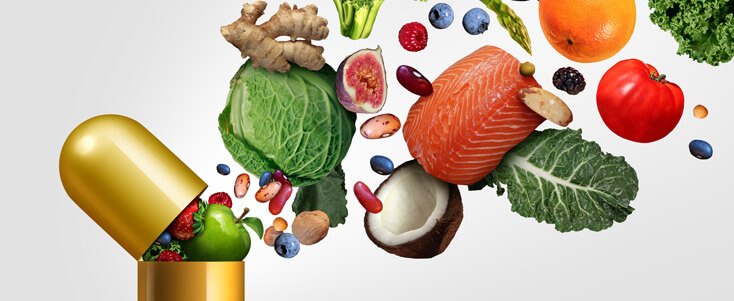Introduction
Vitamin B12 is an essential nutrient crucial for various bodily functions, including nerve function, red blood cell production, and DNA synthesis. Understanding its importance, dietary sources, and recognizing deficiency symptoms is vital for maintaining optimal health. Read on to explore everything you need to know about Vitamin B12.
Importance of Vitamin B12
Vitamin B12, also known as cobalamin, is water-soluble and plays a key role in:
- Nerve Function: Supports neurological health and nerve function.
- Red Blood Cell Production: Essential for the formation of red blood cells, which carry oxygen throughout the body.
- DNA Synthesis: Aids in the synthesis of DNA, contributing to cell division and growth.
Sources of Vitamin B12
B12 Foods
Explore natural dietary sources rich in Vitamin B12, including:
- Animal products such as meat, fish, eggs, and dairy.
- Fortified foods like cereals, nutritional yeast, and plant-based milk alternatives for vegetarians and vegans.
B12 Supplements
Consider Vitamin B12 supplements, available in various forms such as tablets and sublingual (under the tongue) formulations, especially for individuals with dietary restrictions or absorption issues.
Symptoms and Risks of B12 Deficiency
B12 Deficiency Symptoms
Recognize common signs of Vitamin B12 deficiency, such as:
- Fatigue, weakness, and lightheadedness.
- Pale or jaundiced skin.
- Tingling or numbness in hands and feet.
- Difficulty thinking and reasoning, memory loss, and mood changes.
Groups at Risk
Identify groups more susceptible to B12 deficiency, including older adults, vegetarians and vegans, individuals with gastrointestinal disorders, and those who have undergone certain surgeries affecting nutrient absorption.
Testing and Treatment
Diagnosis and Treatment
Understand how Vitamin B12 deficiency is diagnosed through blood tests and managed through dietary changes and supplementation under medical guidance.
Conclusion
In conclusion, Vitamin B12 is essential for overall health, impacting nerve function, red blood cell production, and DNA synthesis. By incorporating B12-rich foods or supplements into your diet, you can maintain optimal levels and support your well-being.
Ready to prioritize your Vitamin B12 intake? Explore our range of Vitamin B12 supplements and fortified foods, and ensure you're meeting your daily requirements for this vital nutrient.

